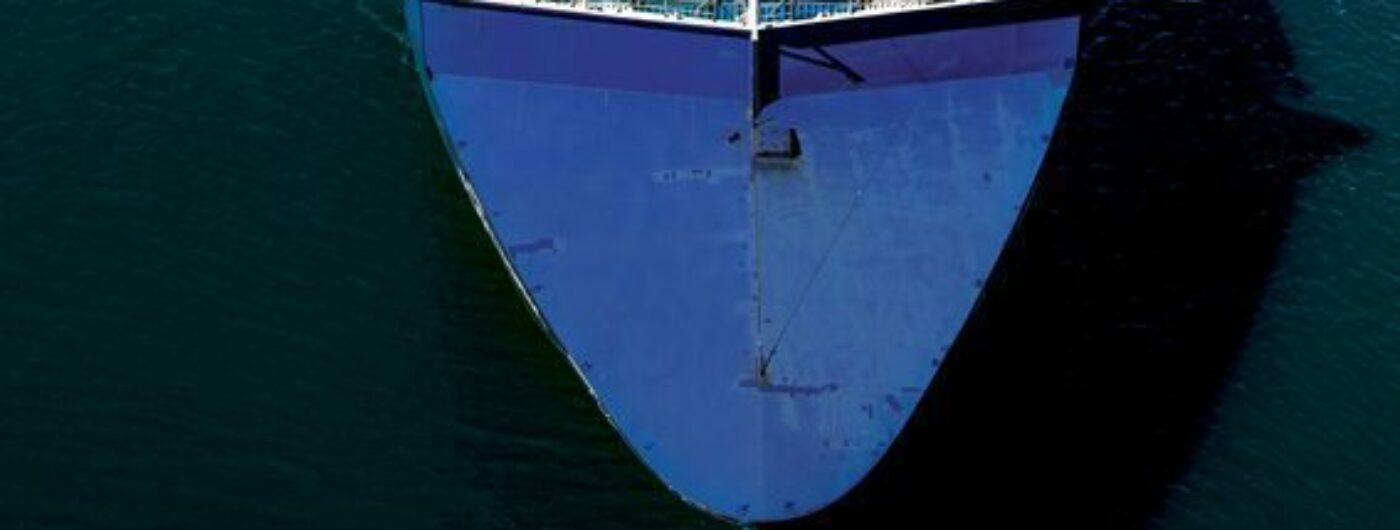
The maritime sector, an opportunity for development and growth in the Mediterranean
•Intra-Mediterranean maritime trade flows account for nearly 25% of global traffic volume.
•With a total value of €520 million, the Union for the Mediterranean (UfM) supports three labelled projects targeting the maritime transport, trade and logistics sectors.
•Supported by the active involvement of its 43 Member States, the UfM is committed to building on the great potential of the Mediterranean maritime sector to facilitate trade, transport and mobility in the region, while placing people at the centre of its projects and initiatives.
Barcelona, 28 September 2017. The Mediterranean is a sea that brings people together and a highway for trade and exchanges. Yet, approximately 90% of the total maritime freight traffic in the Mediterranean is among Northern ports. In stark contrast, the volume of maritime freight traffic between Southern/Eastern and Northern Mediterranean ports accounts for only 7%. Meanwhile, maritime freight traffic among Southern/Eastern Mediterranean ports stands at only 1%.[1]
Consequently, the region has a great potential to achieve a greater degree of maritime trade integration between both shores, which is critical to create conditions for increased employment, prosperity and stability ashore. Enhancing the port and maritime sectors as wealth creators both on land and, through developing a sustainable blue economy, at sea, is a priority of the Union for the Mediterranean, which joins the 2017 celebration of World Maritime Day under the theme “Connecting Ships, Ports and People”.
Projects with tangible regional impact such as LOGISMED-TA, Motorway of the Sea (MoS) and OPTIMED, regional policy dialogue platforms, such as the upcoming First UfM Regional Platform on Transport Connectivity, and political fora and ministerial meetings held with the active involvement of the 43 UfM Member States constitute a unique methodology that brought fresh momentum to regional cooperation for integration, stability and human development in the Mediterranean.
“The UfM joins forces with the international community to advance the maritime sector by creating conditions for regional dialogue and cooperation on projects and initiatives that have a regional impact in the Mediterranean. More integrated and efficient maritime transport, trade and logistics are major drivers for job creation, sustainable development and regional stability”, said Ihab Fahmy, UfM Deputy Secretary General for Transport and Urban Development.
In the framework of the UN 2030 Agenda for Sustainable Development and the new UfM action-oriented Roadmap for enhanced regional cooperation, the UfM is stepping up its partnership with all global, regional and sub-regional initiatives and organisations to develop a comprehensive strategy on land and maritime transport and logistics connectivity for the Mediterranean, focusing in particular on connecting its networks with funding instruments and involving the private sector.
Background info:
UfM-labelled Projects
The UfM Secretariat is actively working with all its partners across the region to improve maritime-related sectors via concrete projects and initiatives benefiting both shores of the Mediterranean:
LOGISMED-TA aims at reinforcing transport and logistics in the Mediterranean, strengthening the transport sector and enhancing the competitiveness of logistics in the region; while complementing existing training programmes that improve the qualifications of personnel. The project, which has a budget of €6.6 million, is targeting Tunisia, Egypt and Morocco during its first phase and the rest of the Southern Mediterranean countries during the second, one until its completion; in 2018. LOGISMED Training Activities
Motorway of the Sea (MoS) aims at developing a seamless intermodal goods transport service that will bridge Turkey (Mersin and Izmir) with the Maghreb area through Tunisia (Tunis and Rades). The service will also call in at the Italian ports of Bari, Brindisi and Taranto. With a budget of €478 million, the project estimates revenues of €602 million during an operational life cycle of 20 years for the main beneficiaries (Turkey, Italy and Tunisia). Motorway of the Sea (MoS) – Turkey-Italy-Tunisia Project
OPTIMED’s main objective is the optimisation and strengthening of the trade connections among the ports of the Mediterranean area by means of improvements to commercial connections by 2019. With a total budget of €37.35 million, the project will provide new opportunities for economic operators and institutions deriving from the optimisation of the maritime trade network. The following countries are reached by this UfM project: Cyprus, Egypt, France, Italy, Lebanon and Spain. OPTIMED IMPLEMENTATION – Towards a new Mediterranean Corridor
About World Maritime Day 2017
Connecting Ships, Ports and People has been selected as the World Maritime Day theme for 2017. The theme was chosen to provide an opportunity to focus on the many diverse actors involved in the shipping and logistics areas. World Maritime Day 2017 is formally celebrated at the initiative of the International Maritime Organisation (IMO) on 28 September 2017. Member States and other entities are invited to celebrate with activities in the same week and also throughout the year.
[1] Maritime transport of goods in the Mediterranean: outlook 2025 – Plan Bleu, one of the Regional Activity Centres of the United Nations Environment Program (UNEP
[2] Maritime transport and international trade: a study of transhipment opportunities and their impacts on The Mediterranean region growth

